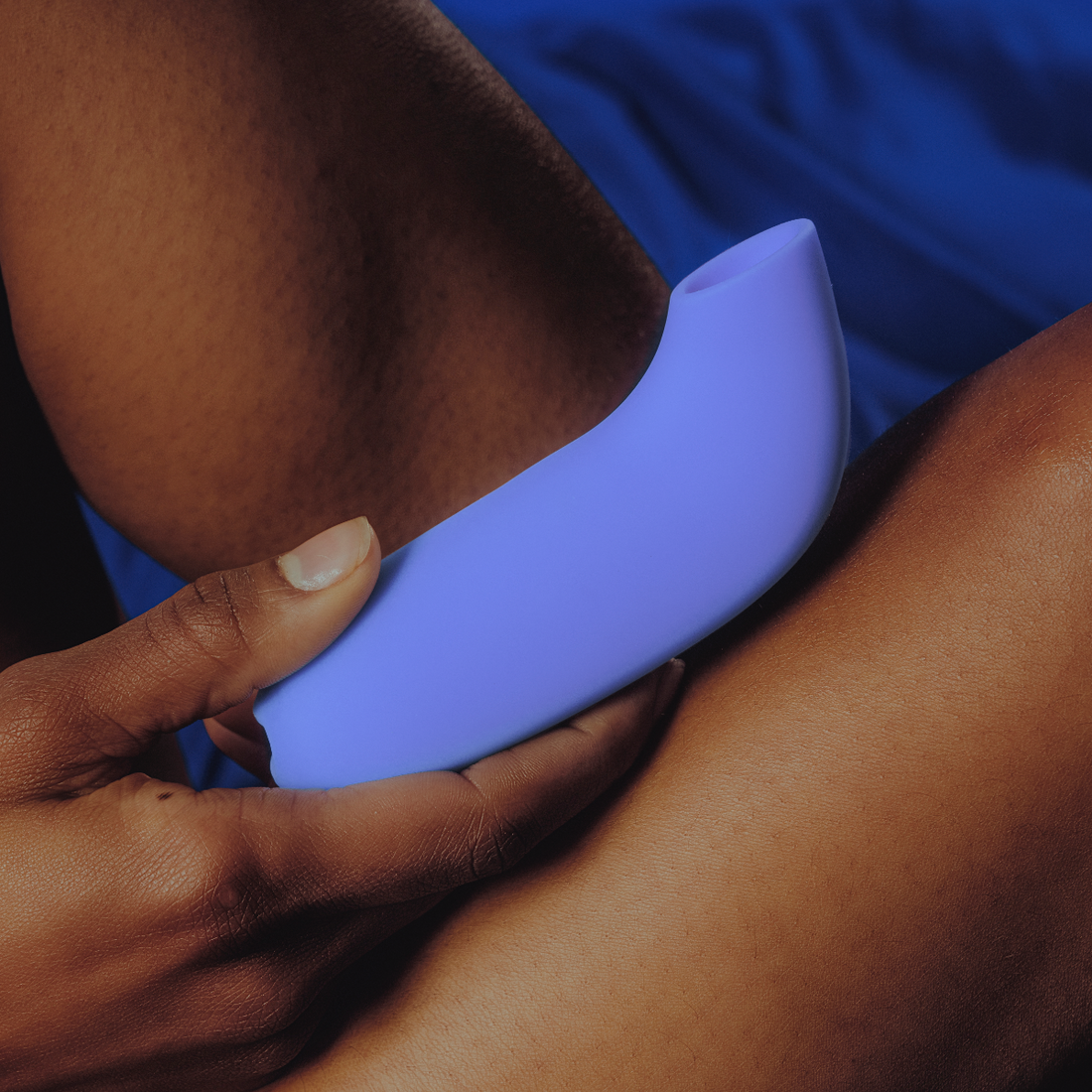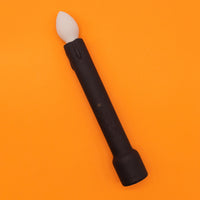First Things First…
Let’s begin with some basic deprogramming. The ideas that masturbation is addictive, bad, wrong, and dirty, and that masturbation causes dire side effects, is a message propagated by an anti-sex world that is really, really scared of people exploring pleasure. Why? Pleasure disrupts the classic narrative of what “sex” is and what it means. Healthy sex is “supposed” to be penis-in-vagina intercourse. Sex is for making babies. Sex is for male pleasure; sexual pleasure is something women are supposed to “give up” in exchange for marriage and security. And this is all, to put it in the scientific, academic language: Bullshit.“If excessive masturbation is affecting your everyday life in super negative ways…it’s fairly obvious that it needs to change.”
Sex Addiction vs. Compulsive Sexual Behavior
Let’s get some things straight. Masturbation is not literally addictive. An addiction is a chemical dependence on something. The term “sexual addiction” is thrown around a lot, but its very existence is up for debate: It is not recognized as a legitimate diagnosis in the DSM-5 (the main U.S. manual for diagnosing mental health stuff). Why? Because sexual addiction is simply not backed by science. Most experts have done away with diagnosing “sex addicts,” and those who still do are usually selling something (like a course or rehab). With that being said, partnered sex and/or masturbation may become compulsive behaviors, which can be harmful or disruptive to someone’s life. Compulsive sexual behaviors can feel like addiction if you’re really in the thick of it, but they are not addictions. That said, it’s pretty unlikely that you’re a compulsive masturbator. This isn’t a hugely common thing and most of the time, people who think they’re compulsive masturbators “diagnose” themselves because they aren’t comfortable with their sexuality and sexual health, not because they are out of control.Check In With Yourself
Here are the big questions to ask yourself:- Is masturbating negatively affecting other areas of my life?
- Am I masturbating so much that I’ve opted out of friendships, relationships, social life, etc.?
- Am I unable to have orgasms by any other means other than masturbation, and is this making me miserable?
Someone’s habits are subjective and do not exist as universal truths.There is a lot of nuance there, too. If you’re experiencing physical pain when you masturbate, it may have nothing to do with the amount you’re masturbating, but rather how you’re masturbating. “If you are having physical discomfort,















































